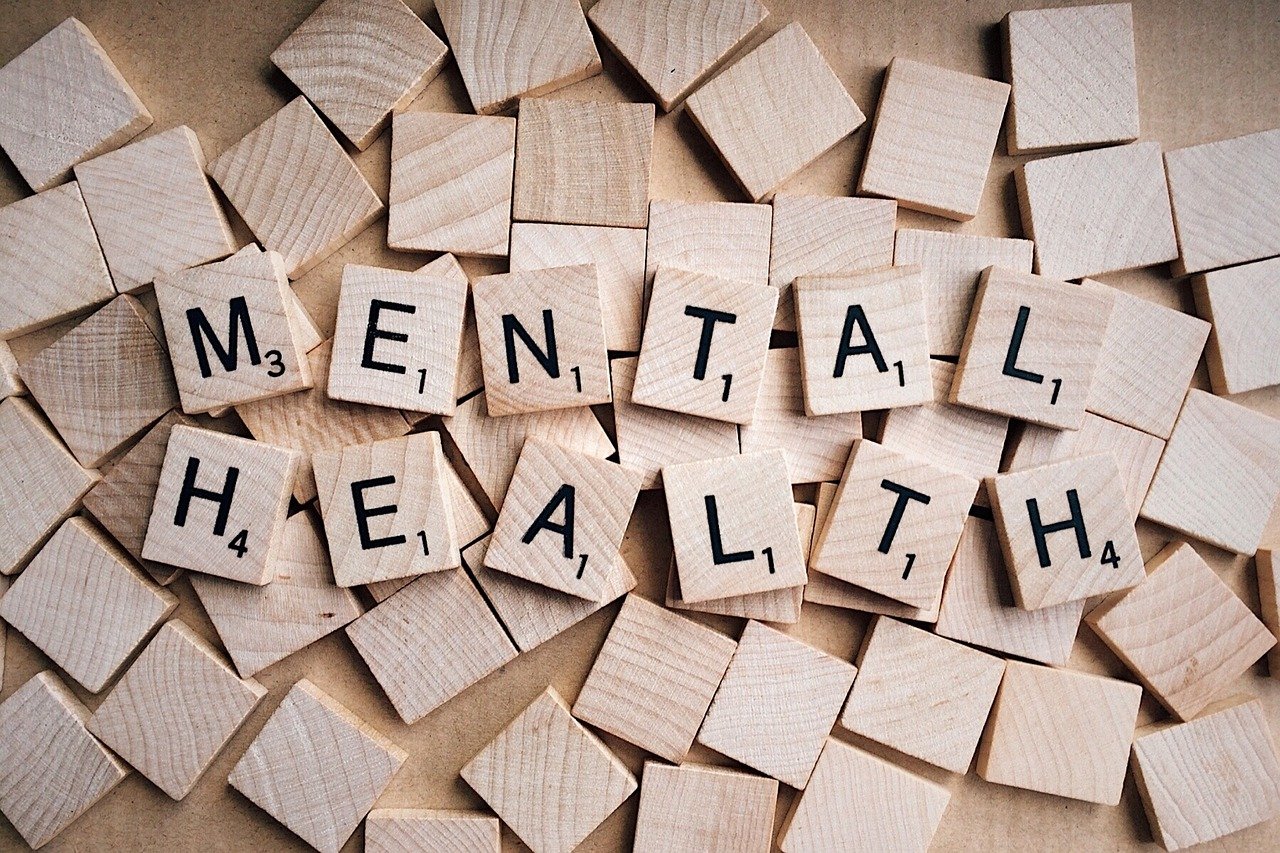The Intersection of LGBTQ+ Identities and Mental Health
Have you ever wondered how one’s LGBTQ+ identity can impact their mental health? Let’s explore the complex relationship between sexual orientation, gender identity, and mental well-being.
LGBTQ+ Identities and Stigma
When individuals identify as LGBTQ+, they often face stigma and discrimination due to their sexual orientation or gender identity. This can contribute to increased levels of stress, anxiety, and depression. It’s important to recognize these challenges and provide support for those who may be struggling.
The Impact of Minority Stress
Minority stress refers to the chronic stress faced by individuals from marginalized groups, such as LGBTQ+ individuals. This type of stress can lead to various mental health issues, including substance abuse, self-harm, and suicidal ideation. By understanding the impact of minority stress, we can work towards creating a more inclusive and supportive environment for LGBTQ+ individuals.
Family and Social Support
Family and social support play a crucial role in the mental well-being of LGBTQ+ individuals. Acceptance and support from loved ones can help reduce feelings of isolation and loneliness. Creating safe spaces and fostering a sense of community can contribute positively to the mental health of LGBTQ+ individuals.
Barriers to Mental Health Care
Unfortunately, many LGBTQ+ individuals face barriers when seeking mental health care. These barriers may include discrimination from healthcare providers, lack of LGBTQ+ competency, and difficulty accessing affirming care. It’s essential to address these challenges and advocate for LGBTQ+-inclusive mental health services.

This image is property of pixabay.com.
Mental Health Concerns Among LGBTQ+ Individuals
Let’s take a closer look at some common mental health concerns that LGBTQ+ individuals may experience.
Depression and Anxiety
Depression and anxiety are prevalent mental health issues among LGBTQ+ individuals. Factors such as discrimination, rejection, and internalized homophobia can contribute to the development of these conditions. Seeking support from mental health professionals and building a strong support system can help manage symptoms of depression and anxiety.
Substance Abuse
LGBTQ+ individuals are more likely to experience substance abuse issues compared to their heterosexual counterparts. This can be attributed to coping with minority stress, trauma, and societal discrimination. Addressing underlying mental health concerns and providing access to substance abuse treatment programs are essential steps in supporting LGBTQ+ individuals struggling with addiction.
Suicide and Self-Harm
LGBTQ+ individuals are at a higher risk of suicide and self-harm compared to the general population. Factors such as rejection, bullying, and lack of social support can contribute to these alarming statistics. It’s crucial to raise awareness about mental health issues within the LGBTQ+ community and provide resources for suicide prevention and crisis intervention.
Resources and Support for LGBTQ+ Mental Health
Accessing LGBTQ+-affirming mental health resources and support can make a significant difference in the well-being of individuals within the community.
LGBTQ+ Outreach Centers
LGBTQ+ outreach centers provide a safe and inclusive space for individuals to access mental health support, counseling, and community resources. These centers often offer peer support groups, therapy services, and educational workshops tailored to the needs of LGBTQ+ individuals.
Online Support Groups
Online support groups offer a convenient way for LGBTQ+ individuals to connect with others facing similar mental health challenges. These virtual communities provide a platform for sharing experiences, seeking advice, and building a supportive network of peers.
LGBTQ+ Competent Therapists
Finding a therapist who is knowledgeable and affirming of LGBTQ+ identities is essential for effective mental health treatment. LGBTQ+ competent therapists understand the unique challenges faced by individuals within the community and provide a supportive and validating environment for clients.
Crisis Intervention Hotlines
Crisis intervention hotlines offer immediate support and assistance for individuals experiencing a mental health crisis or thoughts of suicide. LGBTQ+ individuals can access these hotlines for confidential and non-judgmental support 24/7.
LGBTQ+ Mental Health Apps
There are various mental health apps specifically designed for LGBTQ+ individuals to track their mood, access coping strategies, and connect with mental health resources. These apps offer a convenient and user-friendly way to prioritize mental well-being and self-care.

This image is property of pixabay.com.
Creating a LGBTQ+-Inclusive Community
Building a LGBTQ+-inclusive community involves creating a culture of acceptance, respect, and support for individuals of all sexual orientations and gender identities.
Education and Awareness
Educating the community about LGBTQ+ identities, mental health issues, and the impact of discrimination is essential in promoting understanding and empathy. Workshops, training sessions, and awareness campaigns can help create a more inclusive environment for LGBTQ+ individuals.
Advocacy and Activism
Advocating for LGBTQ+ rights, mental health equality, and access to affirming care is crucial in creating systemic change. By participating in advocacy efforts, we can work towards eliminating stigma, discrimination, and barriers to mental health services for LGBTQ+ individuals.
Supportive Policies and Programs
Implementing supportive policies and programs within organizations, schools, and healthcare settings can promote LGBTQ+ inclusion and accessibility. Providing LGBTQ+ competency training, creating gender-affirming spaces, and offering resources for mental health support are essential steps in creating an inclusive community.
Allyship and Solidarity
Allyship and solidarity play a vital role in creating a LGBTQ+-inclusive community. Allies can support LGBTQ+ individuals by actively listening, advocating for their rights, and standing up against discrimination. By fostering a sense of solidarity, we can create a more supportive and welcoming environment for everyone.

This image is property of pixabay.com.
Conclusion
The intersection of LGBTQ+ identities and mental health is a complex and multifaceted issue that requires attention, understanding, and support. By addressing the unique challenges faced by LGBTQ+ individuals and working towards creating an inclusive and affirming environment, we can promote mental well-being and resilience within the community. Let’s continue to advocate for LGBTQ+ rights, raise awareness about mental health issues, and build a more compassionate and supportive world for all. Together, we can make a difference.

